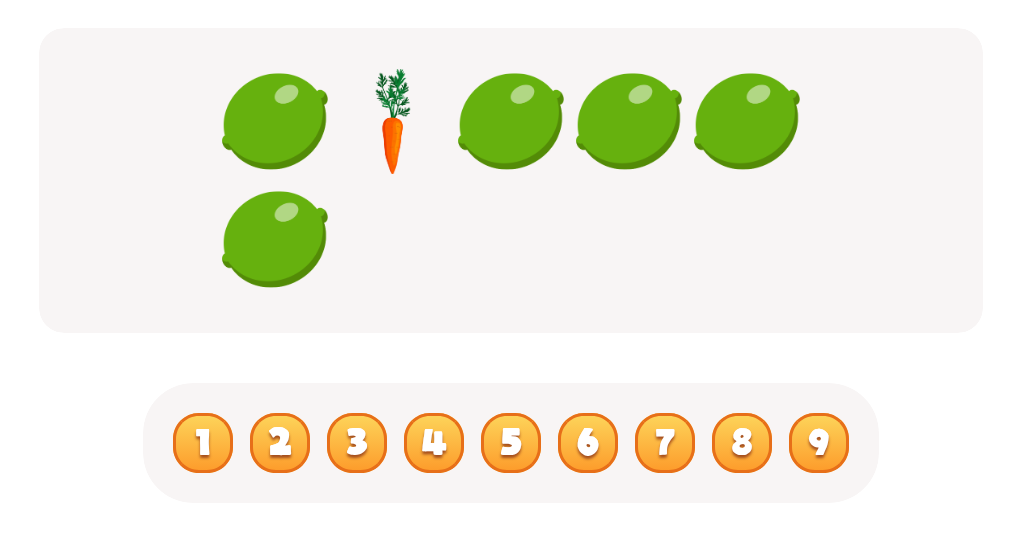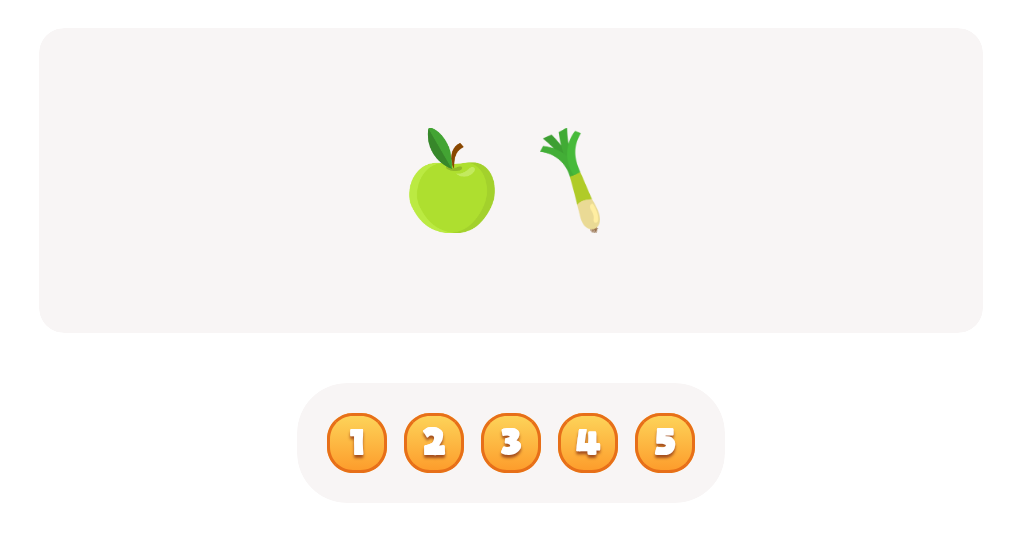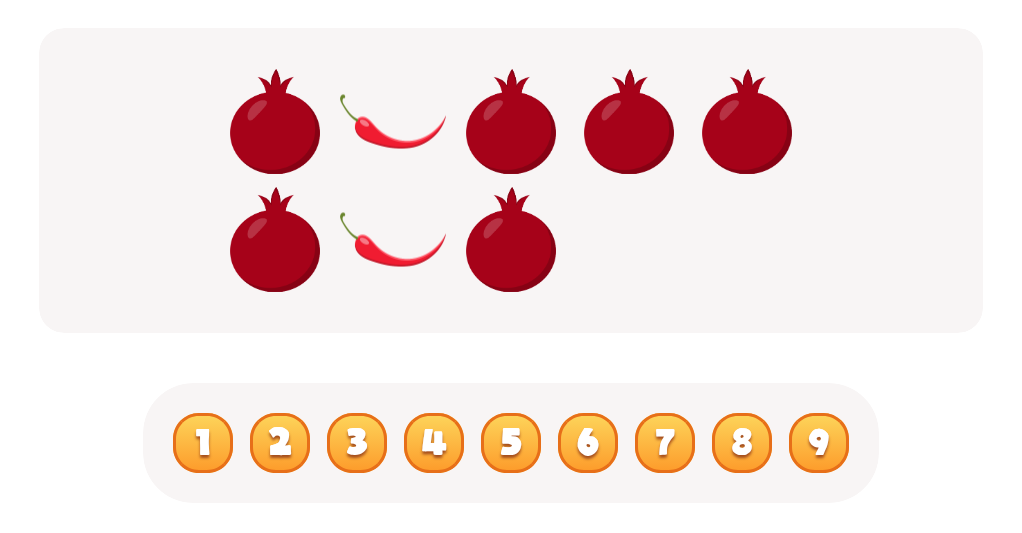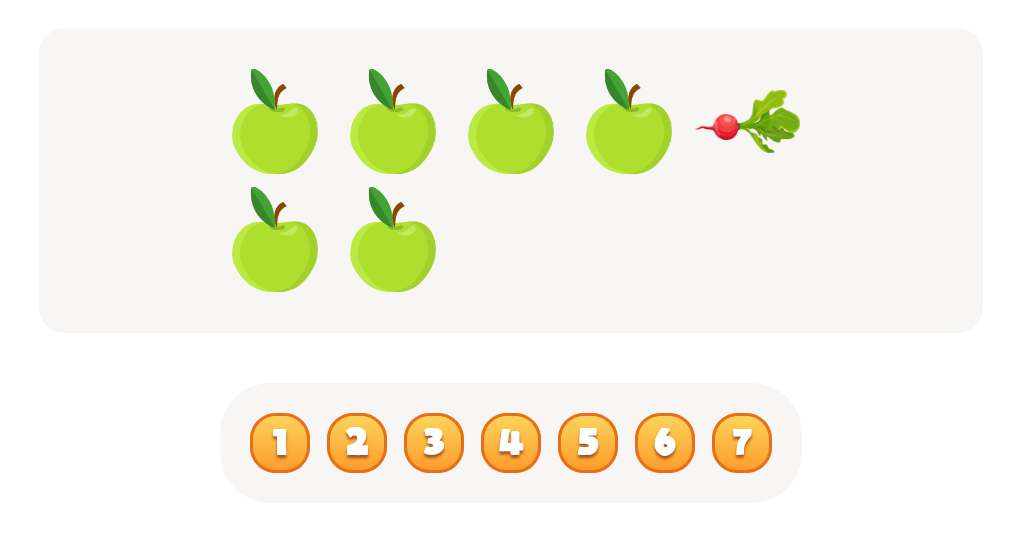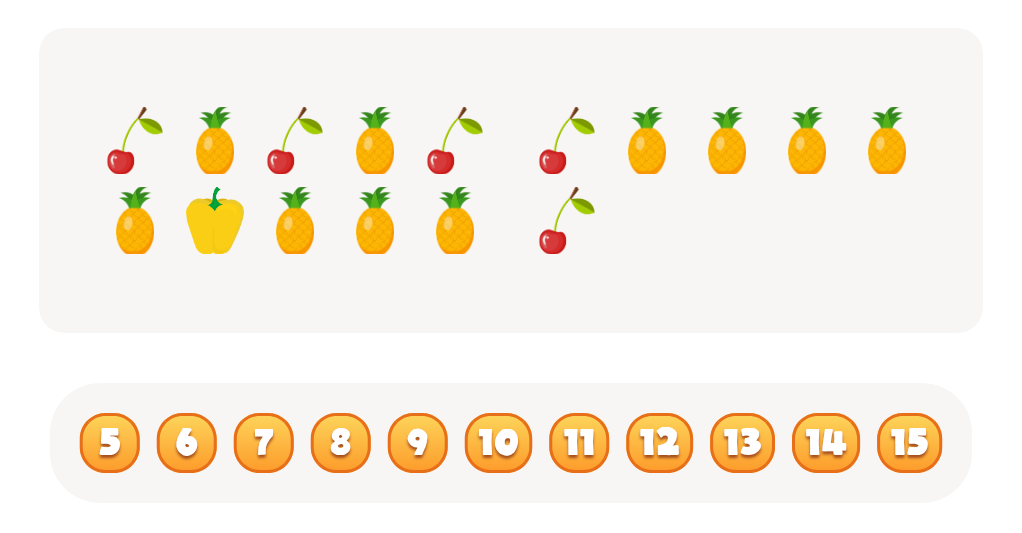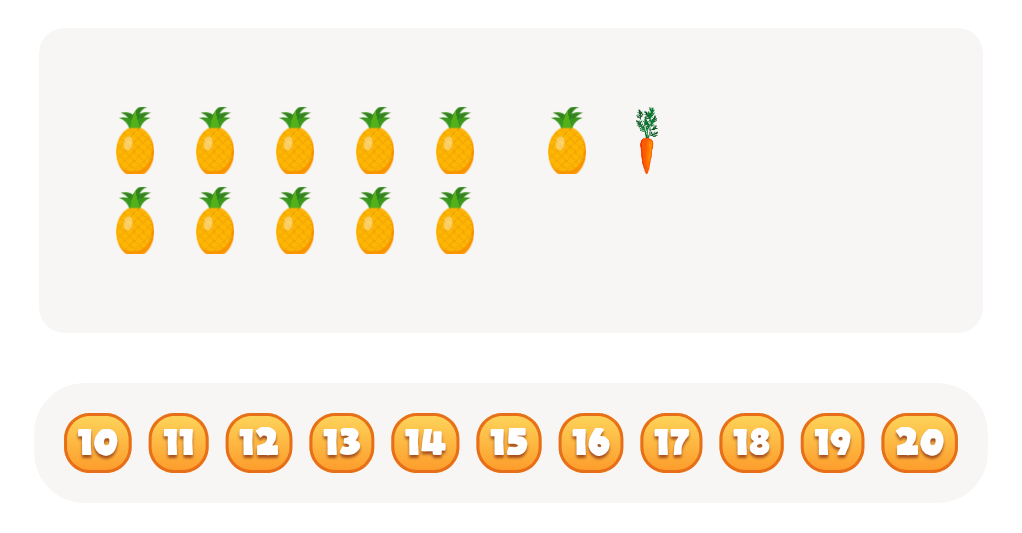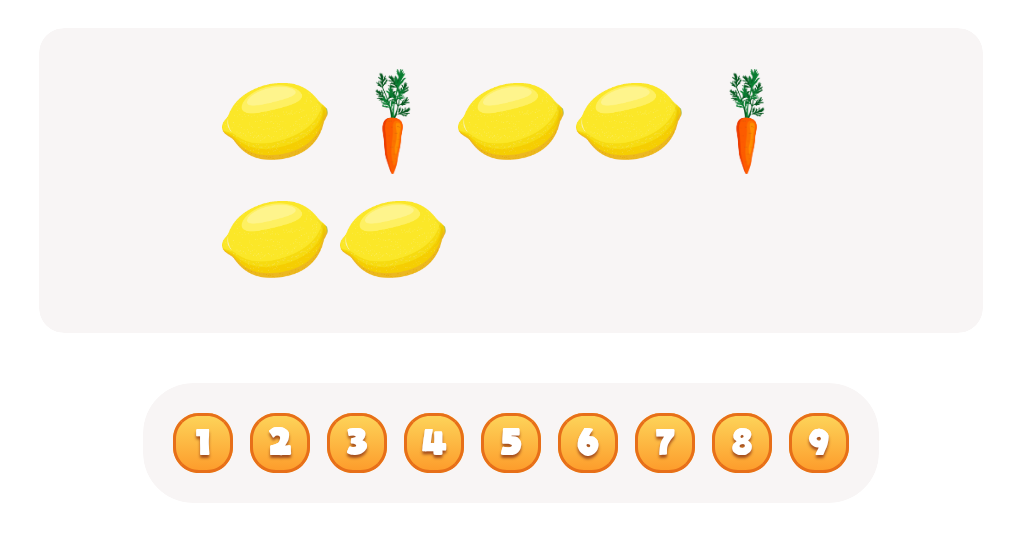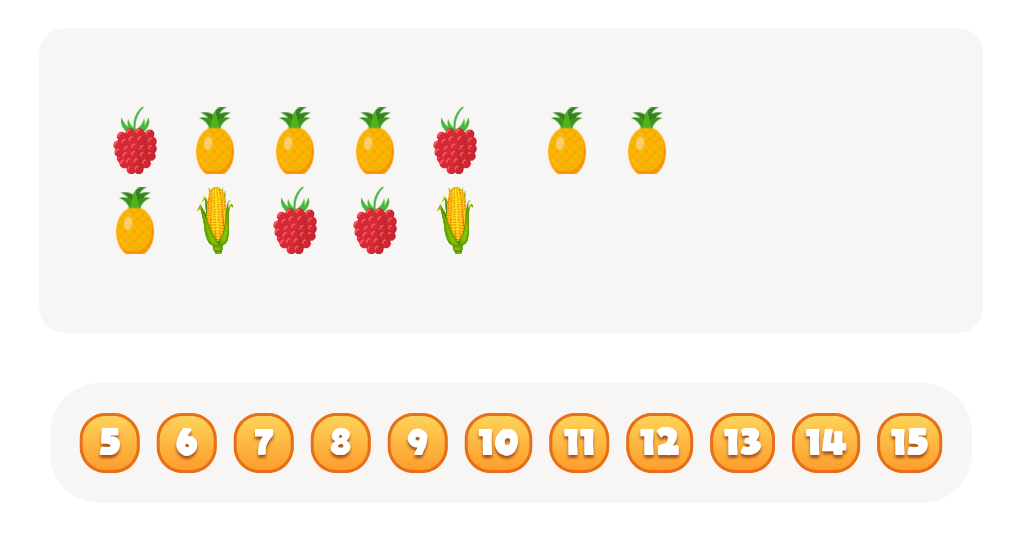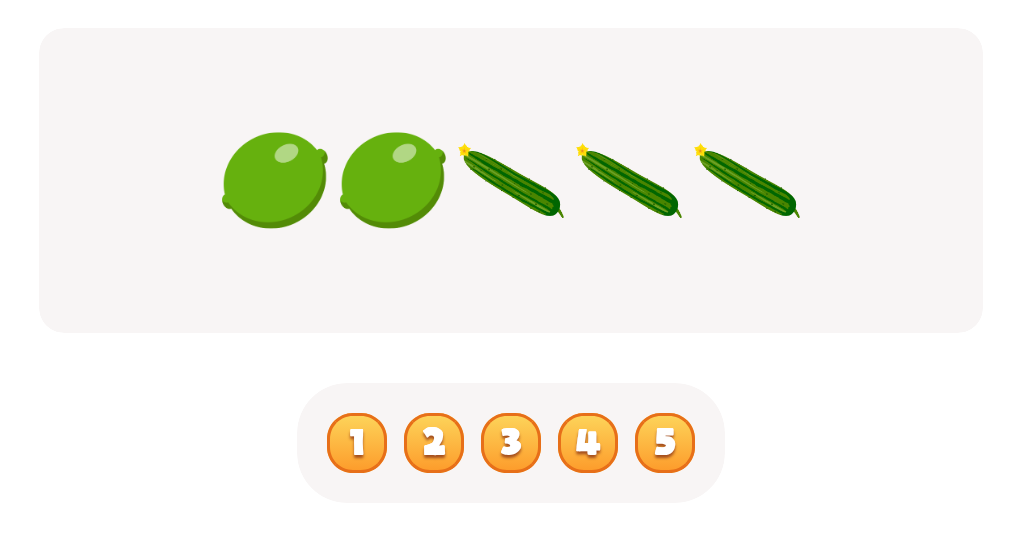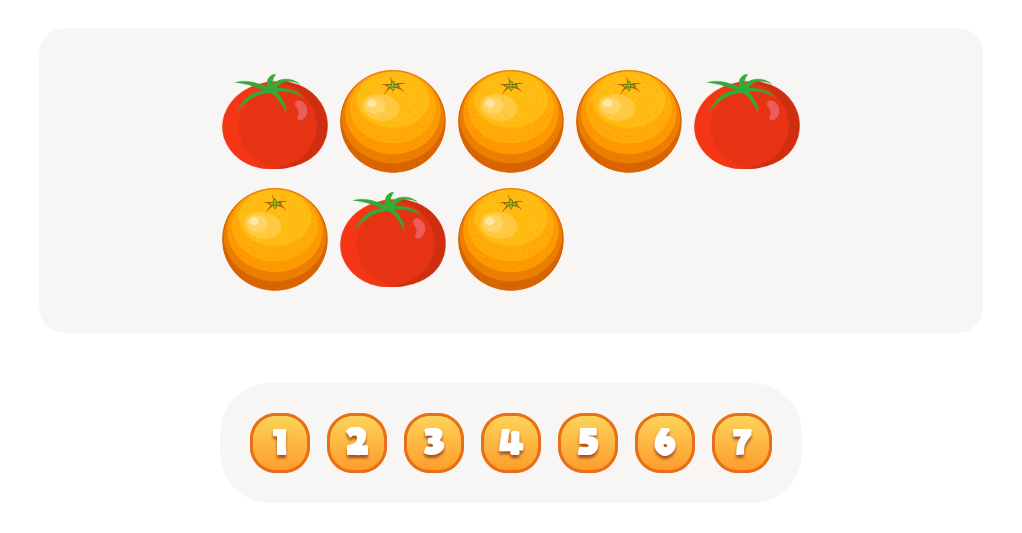Logical Reasoning Normal Plants and Animals Worksheets for Ages 4-8
5 filtered results
-
From - To
Discover our engaging "Logical Reasoning Normal Plants and Animals Worksheets" designed for young learners aged 4-8. These worksheets are crafted to foster critical thinking and enhance reasoning skills through fun, age-appropriate activities focused on the fascinating world of plants and animals. Children will explore logical relationships, categorize different species, and improve their observational skills, all while enjoying interactive tasks that spark curiosity. Ideal for home or classroom use, our engaging materials support early scientific literacy and encourage a love for nature. Equip your child with essential thinking skills today and watch their confidence grow as they connect with the world around them!
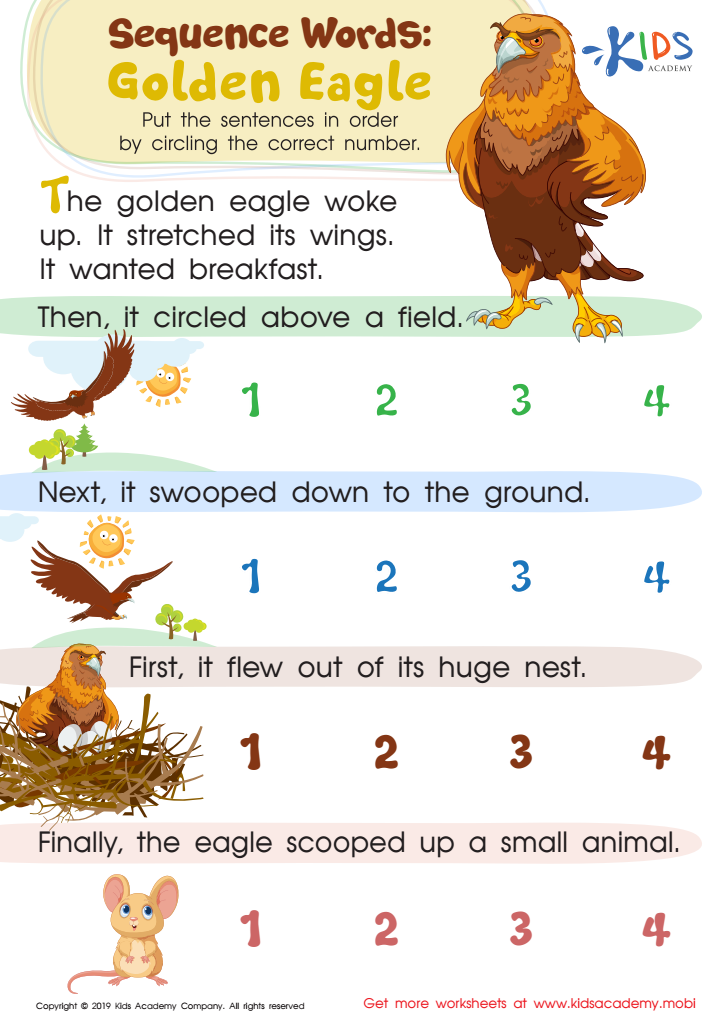

Sequence Word Eagle Worksheet


Sorting Animals in 3 Groups Worksheet
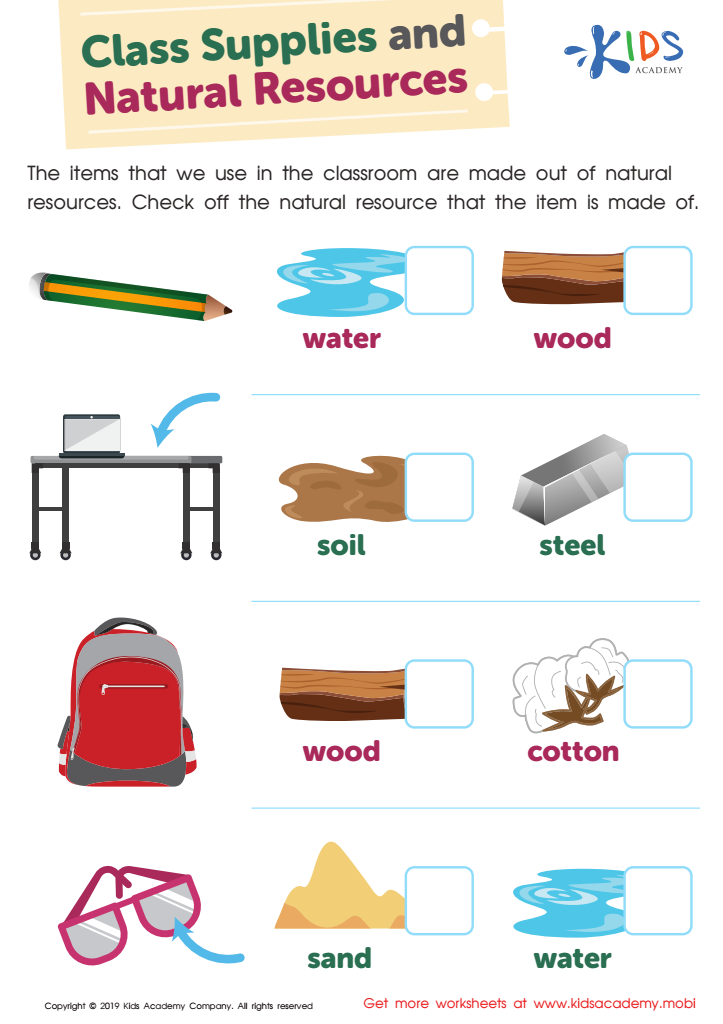

Class Supplies and Natural Resources Worksheet
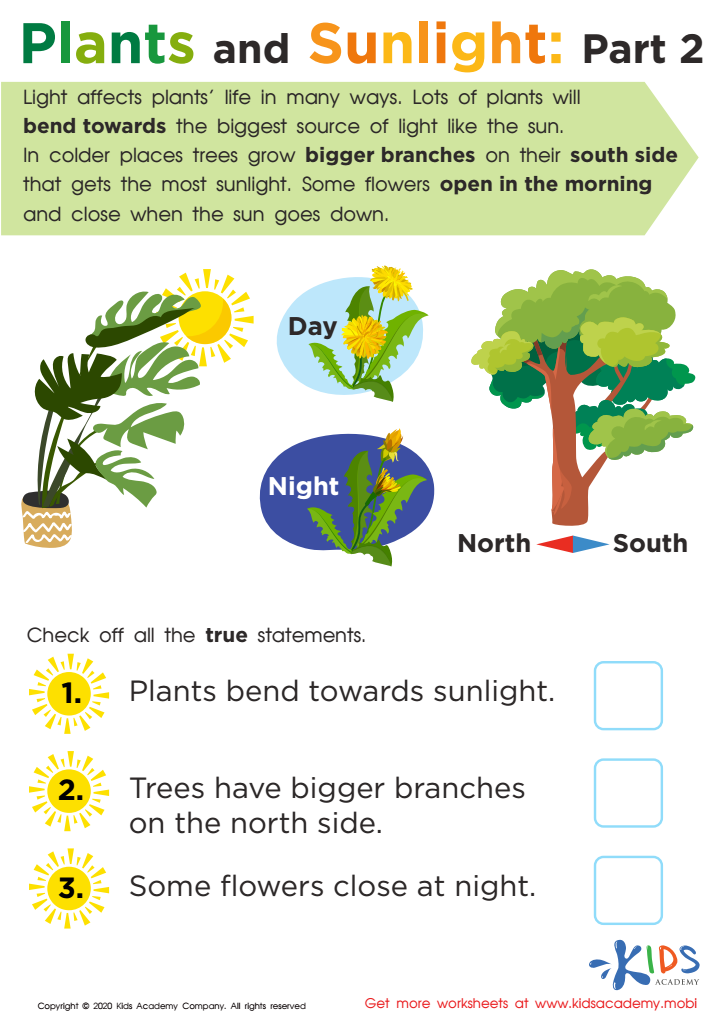

Plants and Sunlight: Part 2 Worksheet
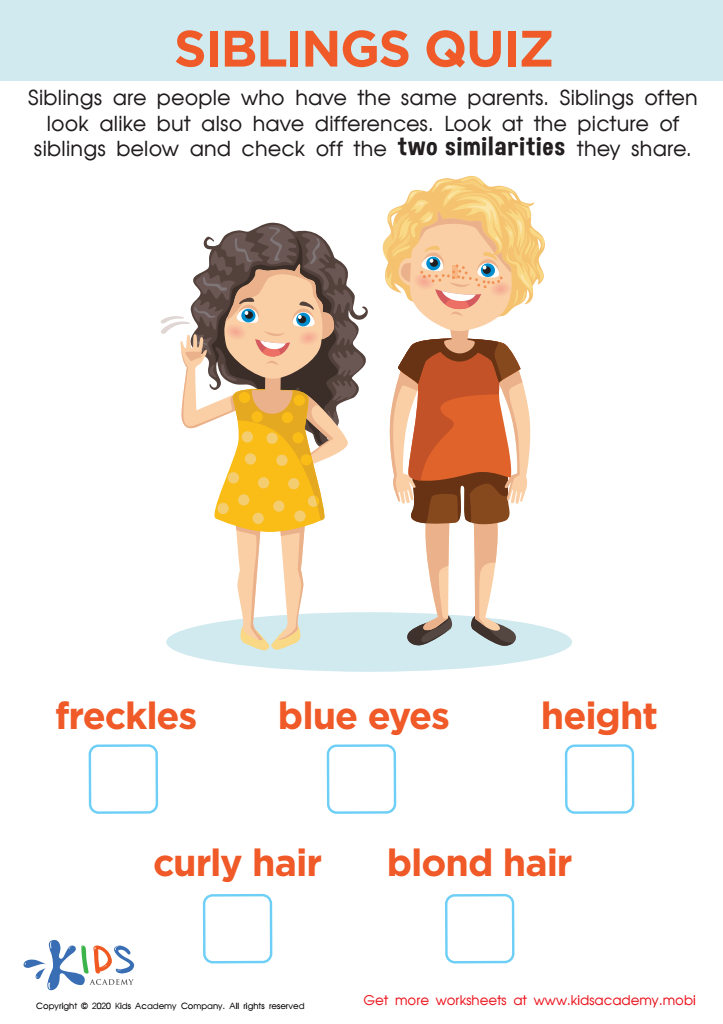

Siblings Quiz Worksheet
Parents and teachers should care about logical reasoning skills in children aged 4-8 because these abilities are foundational for cognitive development, problem-solving, and critical thinking. Understanding the properties and interrelations of normal plants and animals helps children develop logical reasoning by encouraging them to classify, compare, and categorize the natural world. Learning about plant and animal life cycles, habitats, and behaviors nurtures curiosity and promotes inquiry-based learning, which is essential for young learners.
Moreover, fostering logical reasoning in this area enhances children's scientific understanding, helping them make connections between concepts. For instance, recognizing how plants rely on sunlight and water evokes understanding of cause and effect, while comparing different animal species sharpens analytical skills.
Additionally, integrating activities related to plants and animals promotes engagement and helps develop language skills. When children discuss, ask questions, and express observations about the natural world, they build vocabulary and verbal reasoning, which are critical for communication and literacy.
By prioritizing logical reasoning in subjects related to nature, parents and teachers support holistic development, empowering children to become informed, thoughtful individuals capable of engaging with and understanding the world around them.
 Assign to My Students
Assign to My Students
